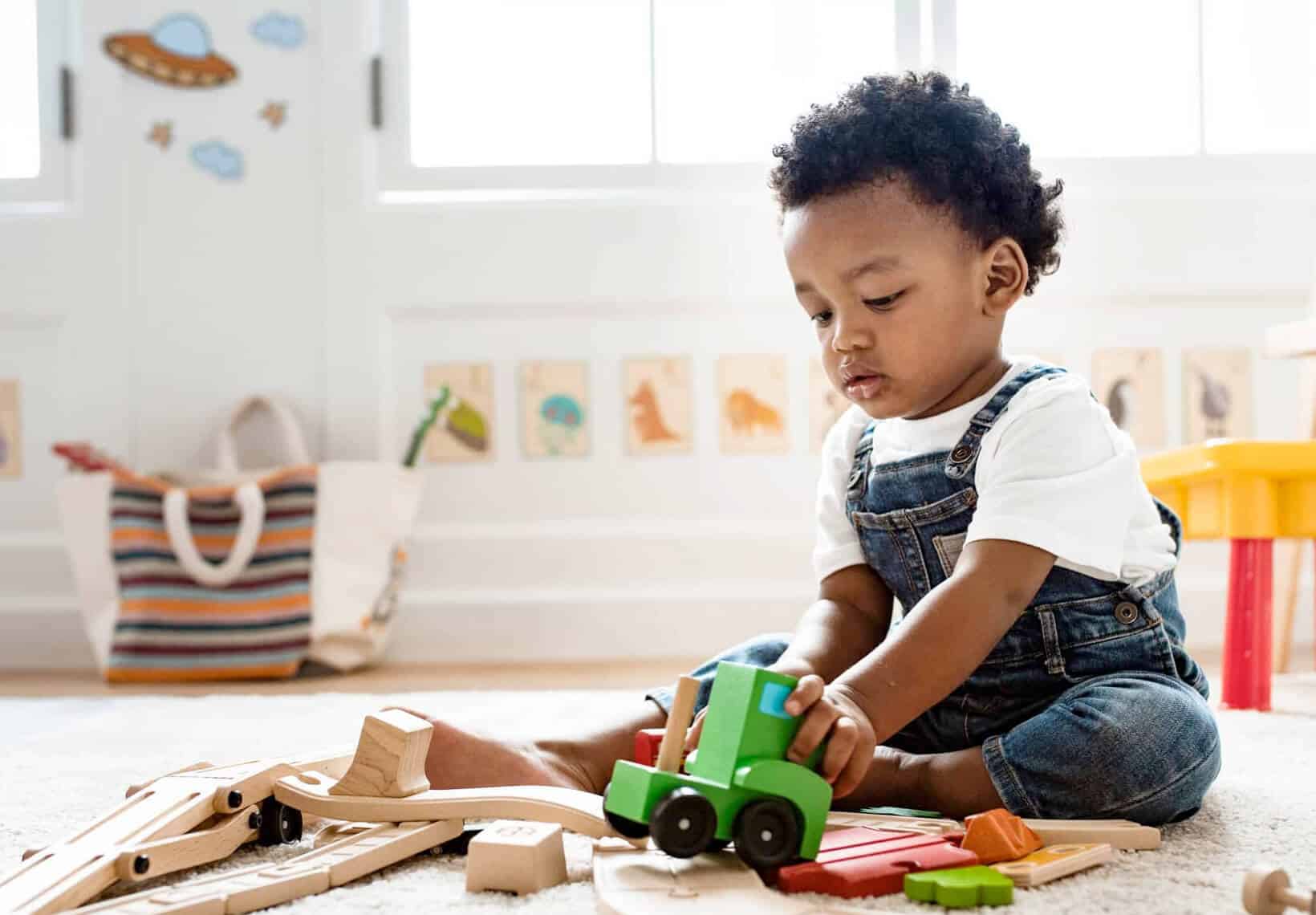Young children learn through play.
Although it may appear simple at times, play is an extraordinary confluence of learned skills and new skills that have to be coordinated to pull off even the simplest task. When you stop to think about it, even a seemingly basic act – like asking a toddler to place a block on top of a tower – is a small miracle. They need to have the listening skills to understand your command, the balance to pick up the block and stand next to the tower, and the strength and eye hand coordination to place the block on top.
When parents become play partners, they have a remarkable opportunity to help a child to develop and grow.
Without realizing it, while you are having fun palling around together, your young child is learning new skills, reinforcing old ones, and constantly finding ways to use all of these new-found abilities in unison. The goal of these lectures is to teach pearls and practical skills to parents to enhance play. I hope to enrich the time that you spend together in a way that preserves the fun, spontaneity, and randomness out of play. As you listen to the different sessions, I would like to draw your attention to a couple of themes that will help you to apply these practical pearls.
First, children are extraordinarily perceptive; they can sense your emotions while you are interacting with them.
When playing, engage your child with high affect and a positive demeanor, and s/he will be more likely to persevere when faced with a complicated task. Also, be present in the moment. Don’t let yourself get distracted by other tasks you might have on your mind. Your child will appreciate it when you are completely engaged and it will lead to a wonderful shared experience.
Second, play is a unique opportunity to take chances.
Unlike most learned behaviors, like sleep and eating, play is the one arena where a child is praised for challenging an established pattern. As a play partner, be flexible and allow your child to explore different ways of doing things, even if it isn’t what you had expected. Your open-mindedness will encourage a sense of confidence.
Follow your child’s lead. Make comments. Expand on their thoughts.
Your child may be more willing to take chances and explore different ideas, having first experienced this freedom with you in play. We hope this series provides some valuable information. As always, any feedback is appreciated.
- NURTURING YOUR CHILD’S LANGUAGE DEVELOPMENT FROM BIRTH TO PRE-K – Part 1 – Marci Silver JUNE 25 at 12:30
- NURTURING YOUR CHILD’s LANGUAGE DEVELOPMENT FROM BIRTH TO PRE-K – Part 2 – Marci Silver JUNE 26 at 12:30
- EXECUTIVE FUNCTION AND EYE HAND COORDINATION IN PLAY FOR INFANTS UNDER 1 – Julia Schuette July 9 at 12:30
- EXECUTIVE FUNCTION AND EYE HAND COORDINATION IN PLAY FOR TODDLERS – Cathy Reid July 10 at 12:30
- DEVELOPING YOUR INFANT AND TODDLER’S STRENGTH, TONE AND COORDINATION DURING COVID-19 – Part 1- Betty Contreras July 16 at 12:30
- DEVELOPING YOUR INFANT AND TODDLER’S STRENGTH, TONE AND COORDINATION DURING COVID-19 – Part 2 – Betty Contreras July 17 at 12:30




